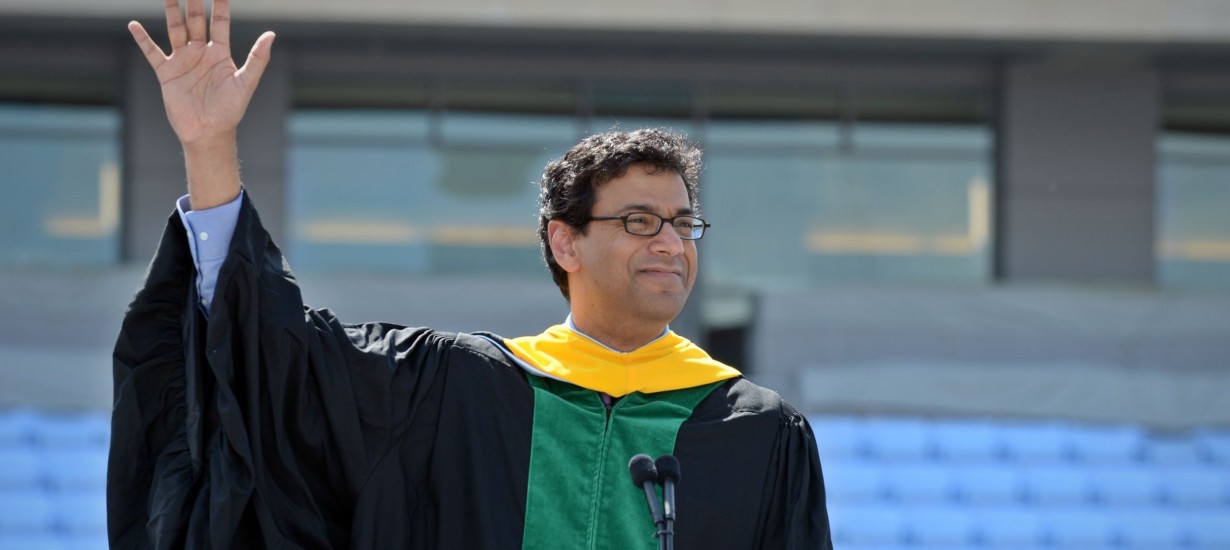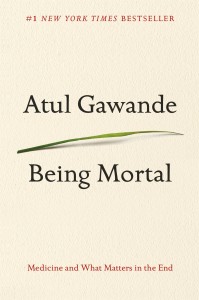- Membership
- Perks and Discounts
- Things To Do
- Resources
- News
- About
- Shop
Related Content
A Numbers Game
Sept. 8, 2022
Hoping to meet an increasing demand from students, Carolina launches its School of Data Science...
Read MoreTake My Papers — Please
May 2, 2022
Lewis Black ’70 has donated his plays, television pilot scripts and materials from his comedy...
Read MoreCarolina Ranks High in Black Doctoral Recipients
Feb. 27, 2022
UNC ranked high in an annual survey of earned doctorates from 2016-20, including placing in...
Read More-
2024
-
2023
-
2022
-
2021
-
2020
-
2019
-
2018
-
2017
-
2016
-
2015
-
2014
-
2013
-
2012
-
2011
-
2010
-
2009
-
2008
-
2007
-
2006
-
2005
-
2004
- Academics and Athletics
- Admissions
- Alumni Profiles
- Alumni Recognition
- Around Town
- Arts
- Books
- Campus Profile
- Campus Safety
- Carolina Alumni Awards
- Carolina Alumni Leadership
- Carolina Alumni Programs and Outreach
- Carolina Alumni Reunions
- Carolina Alumni Review
- Celebrations
- Championships
- College and Costs
- Commencement
- Coronavirus
- Discovery
- Extracurricular
- Faculty
- Faculty Awards
- For the People
- Go Heels
- Greek Life
- Hark the Sounds
- Higher Education
- Homecoming
- In Class
- In Memoriam
- Innovation and Technology
- Issues
- Object Lesson
- On View
- Our Treescape
- Philanthropy
- Podcast
- Public Service
- Race and Reckoning
- Research
- Sexual Assault
- Silent Sam
- Sports
- Structures
- Student Achievement
- Students
- Timelines
- Tuition and Financial Aid
- UNC Libraries
- UNC’s History
- Undergraduate Spotlight
- University Achievements
- University Awards
- University Budget Issues
- University Development
- University Leadership
- University News
- University Rankings
- What We Do
- Who We Are
- Young Alumni
- Yours at Carolina
Summer Reading Selection Deals With Issues of Aging and Death

Being Mortal, a physician’s reflection about the medical field’s challenge in addressing end-of-life issues, is the University’s 2016 selection for its Carolina Summer Reading Program.
Atul Gawande’s book, which has been on The New York Times’ best-seller list for 63 weeks, was described by the Times in November 2014 as “a personal meditation on how we can better live with age-related frailty, serious illness and approaching death.”
 It was selected for UNC’s reading program by a nine-person panel consisting of equal parts faculty, staff and students.
It was selected for UNC’s reading program by a nine-person panel consisting of equal parts faculty, staff and students.
Gawande, who was Carolina’s spring 2014 Commencement speaker, also writes about the choices people can make together to fulfill a good life.
Tim Marr, distinguished associate professor of American studies and chair of the committee, said Being Mortal uses interviews with doctors, stories about health care and Gawande’s experiences during his own father’s death to explore “crucial questions about how we humanize our capacity to choose autonomy and dignity at all stages of living.”
“Dr. Gawande is a practicing surgeon who models the important stakes of lifelong multidisciplinary inquiry in writing this empowering book,” Marr said. “He helps us confront death by encouraging open discussion about important matters faced by every family for which medicine can ultimately provide no answer. The book is an eloquent and informative celebration of life that contrasts three generations of a South Asian family and emboldens our appreciation of everyone’s need to exist with integrity until the end.”
First-year and transfer students who enroll at UNC this fall are encouraged to read the book this summer and participate in small group discussions the Monday before fall 2016 semester classes begin.
The Carolina Summer Reading Program, now in its 18th year, aims to stimulate critical thinking outside the classroom and give new students intellectual common ground. An academic icebreaker, it encourages students to engage with the scholarly community and come to their own conclusions about the material.
© 2024 Carolina Alumni
